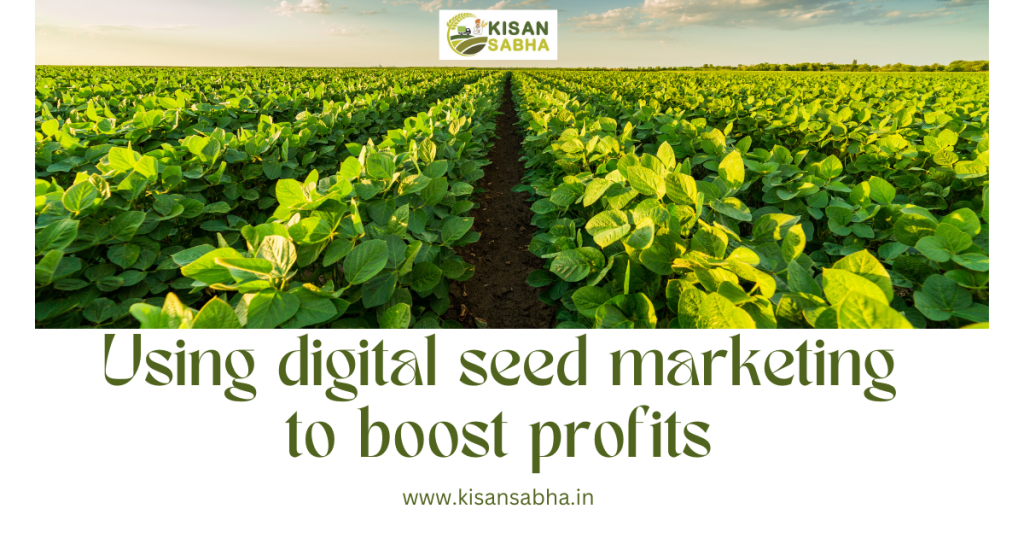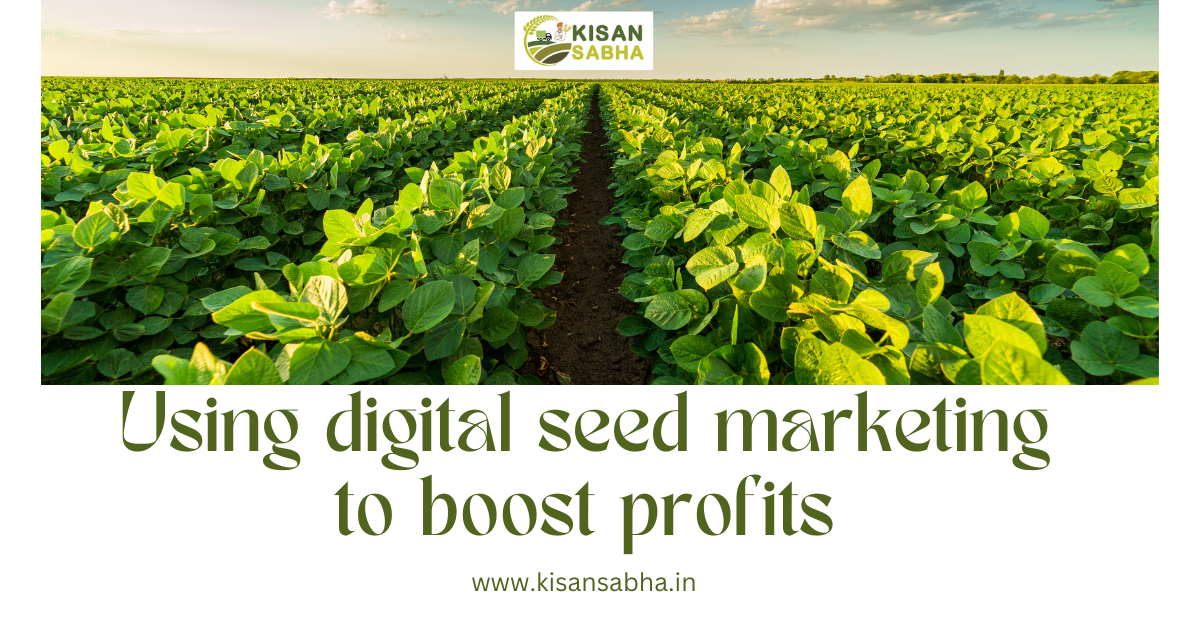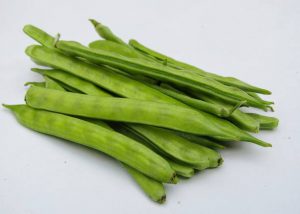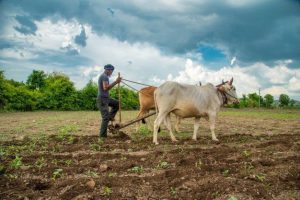Due to the increasing global population, enhancing food security is a top issue for all countries. Quality seeds are the most important component of agricultural production and the most economical way to increase agricultural output and food security. The genetic potential of employed seeds and seed breeding have a direct impact on how effective other agricultural inputs are. Farmers have access to a large variety of dependable seed varieties of excellent quality at affordable prices because to seed marketing. Delivering seeds efficiently can significantly improve smallholder farmers’ ability to support their families and ensure the security of their food supply.
Demand comes into the limelight in seed marketing
Priority has been typically given to seed production and storage over marketing and distribution. To solve the issue of low agricultural productivity globally, marketing and distribution, however, became more important. As a perishable good, seeds must get supplied as soon as possible to farmers at their locations of need. Marketing and distribution of seeds ensure this.
Focusing on meeting demand is essential for seed production. Farmers need to have access to the proper kind and number of seeds throughout the sowing season. Accurate demand forecasting becomes essential for seed companies to make this guarantee. The company will suffer from inaccurate demand forecasting.
The performance of the business will be directly impacted by both over- and underproduction. Underproduction not only results in lost revenue but also adds to the sales team’s and dealer network’s unhappiness. Due to the short shelf life of seeds, overproduction can result in the loss of germinating seeds and, consequently, future crops. Yet, it can also be a missed opportunity.
Long lead times are usually needed for the development and manufacture of new seed varieties, and demand prediction is essential in both cases. Cropping patterns, the use of contemporary agricultural technologies, the environment, and many other factors all have an impact on seed marketing and demand.

Agtech’s role in enhancing seed marketing
Agtech-powered solutions that forecast and track demand can aid in seed marketing. Unmanned aerial vehicles, other remote sensors, and satellite monitoring of crops can quickly evaluate the characteristics of seed crop fields dispersed across a vast area and uncover differences unseen during ground-based observation. Repeated measurements over a longer period of time can identify changes and offer data-driven inputs for smart farming that get powered by predictive intelligence to manage target markets.
Given that seeds are essential to crop production, faulty seed techniques endanger the livelihoods of farmers, global food security, and sustainable agriculture. The use of QR codes to authenticate the genetic attributes of seed kinds is an option offered by smart farming technologies. Because QR coding acts as a stand-alone form of proof and prevents adulteration and counterfeiting, it makes it simple for seed companies to comply with regulatory requirements. It offers complete seed tracability, giving farmers confidence in their origin, quality, varietal purity, germination rate, and other factors. These businesses’ adoption of agtech solutions also finds utility in educating farmers on best practises, which boosts productivity and fosters farmer loyalty.
By demonstrating optimal practises to farmers in demonstration plots and keeping an eye on them to assure the best possible output and quality, digital farming may help. Results and data from test plots can help as proof to convince farmers to adopt novel practices and cover more growers and territory. It is possible to record all farmers who participate in demonstrations. With the help of this data, seed companies can effectively communicate with these farmers, giving them the chance to turn them into customers by keeping in touch with them over time.
AI/ML-based For crop risk management, agtech offers farmers and seed companies predictive intelligence and end-to-end traceability. Real-time updates can spot critical points in the farm-to-fork traceability cycle that require prompt attention, such as picking the proper seed strains, the health and development of parent seeds, production procedures, etc.
With the use of AI business analytics, seed companies may create a targeted sales strategy that can generate the highest profits. Agri-data gets captured, analysed, and interpreted by the company’s patented solutions to give seed producers and farmers timely, actionable insights on agricultural operations. This commercial information can help seed companies to create powerful marketing plans that increase sales.
Visit kisansabha.in now!!





